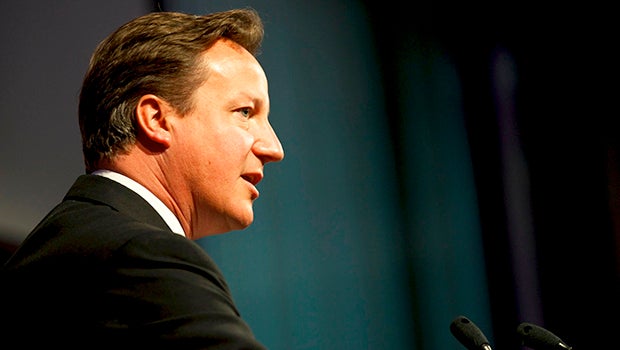Cameron wants tech firms to collect all user data and feed it to government agencies

David Cameron wants to introduce new legislation that would prevent people from sending encrypted messages in the UK.
If passed, the controversial laws would see popular messaging services including WhatsApp, Snapchat and iMessage banned.
The Investigatory Powers Bill, nicknamed the ‘Snooper’s Charter’, would also require technology companies to keep records of all customers’ activities, including web searches, messages, pictures and videos.
The government and its agencies would have access to this information upon request, with Cameron claiming that the collection of data would help authorities crack down on terrorism.
“In our country, do we want to allow a means of communication between people which we cannot read?” said Cameron earlier this year. “My answer to that question is: ‘No, we must not’.
“We have always been able, on the authority of the Home Secretary, to sign a warrant and intercept a phone call, a mobile phone call or other media communications.
“But the question we must ask ourselves is whether, as technology develops, we are content to leave a safe space – a new means of communication – for terrorists to communicate with each other.”
Unsurprisingly, the proposed new laws have not gone down well with human rights and privacy campaigners.
Former Deputy PM Nick Clegg has even spoken out, saying, “We have every right to invade the privacy of terrorists and those we think want to do us harm, but we should not equate that with invading the privacy of every single person in the UK. They are not the same thing.
“The so-called Snoopers’ Charter is not targeted. It’s not proportionate.
“It’s not harmless. It would be a new and dramatic shift in the relationship between the state and the individual.
SEE ALSO: Which browser is best for you?
“People who blithely say they are happy for their communications to be open to scrutiny because they have ‘nothing to hide’ have failed to grasp something fundamental about open democratic societies: We do not make ourselves safer by making ourselves less free.”
If passed, the legislation could be in place by autumn.


